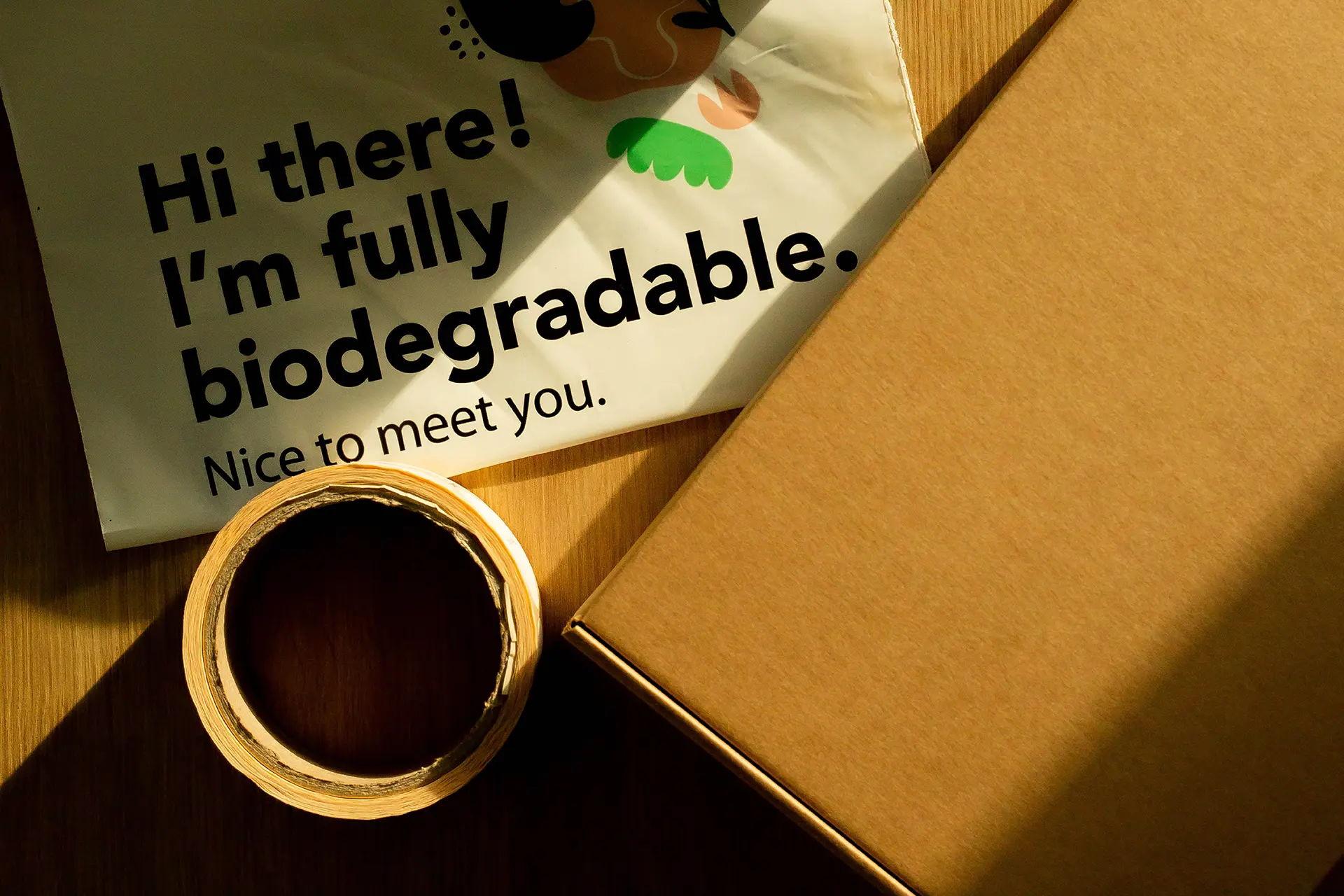What is greenwashing?
“Greenwashing is the practice of making an unsubstantiated or misleading claim about the environmental benefits of a product, service, technology or company practice.”
Two Sides
Companies exhort to “Think before you Print!”, “Go Paperless, Go Green”, and “Save Paper, Save Trees”. Financial organisations and utility companies urge consumers to access on-line bills and statements.
This drive to digital can save costs, and has added convenience for the (majority of) customers. But the inference – that moving to digital saves the environment – is green washing. These messages are unsubstantiated and misleading. They don’t take into account the environmental impact of digital communication.
Green washing has a lasting effect on consumer perceptions of paper, and our industry.
Two Sides is a not-for-profit initiative, formed in 2008 by companies from the graphic communications supply chain. Members are forestry, pulp, paper, inks and chemicals, pre-press, press, finishing, publishing, printing, envelopes and postal operators.
The forum is driving the improvement of industry standards and practices, and seeks to dispel the common environmental misconceptions that dog the print and paper industry. Two Sides provides verifiable information on why print and paper is “an attractive, practical and sustainable” communications medium.
Two Sides Anti-Greenwash campaign has successfully challenged more 750 global organisations, primarily service providers like banks, utilities and telecoms, that subject their customers to the industry-damaging greenwashing messages. In the UK the campaign has preserved £11.2 million per annum value of paper, and stopped greenwash messages being seen more than 209 million times each year.
Greenwashing represents a potential loss of £22.4 million of value annually for the paper, print and mailing industry in the UK. It poses a significant threat to an industry that employs in the UK, 116,000 people (1,096,000 EU), in more than 8,400 businesses (115,700 EU).
The UK’s Competition and Marketing Authority has pledged to tackle misleading green claims. Green buzzwords such as “organic”, “sustainable” and “eco-friendly” are so commonly used, how can you recognise what is green and what has been greenwashed?
